2. DRESS ACCORDINGLY
One of the best things about working from home is being able to dress more casually. There is probably no need for a suit, tie clip and shoes but do put on professional clean clothing and check your appearance in the mirror before your video meeting begins.
Tip: if you are wearing activewear shorts, make sure you ‘leave meeting’ before standing up!
3. FIND A SUITABLE PLACE AND SUITABLE BACKGROUND
Ideally, you’ll be in a room by yourself where you can close the door. If this isn’t possible, find a room with limited foot flow through it. Depending on your situation, it could be worth explaining to roommates, spouses, children or pets that you’ll be participating in a work meeting and asking them to keep the noise (and barks) down to a minimum. The best background for video meetings is a relatively blank one that won’t be distracting.
4. USE THE MUTE BUTTON
If you can’t find a quiet place, most virtual formats allow you to enter meetings on mute. During the meeting, when you’re not speaking, mute the microphone so people can talk without hearing background noises. Also, if there are numerous people on a call, by muting your microphone it can also allow for better signal to prevent a lag…. and… people… sounding… like… robots!
5. SPEAK SLOWER THAN USUAL
During online meetings, speak clearer and slower than usual. There is nothing worse than you speaking for a few minutes with some William Shakespeare-esque monologue, only for nobody to understand you.
Internet speed quality can vary from your location to strength of mobile/wifi connection. Keep in mind that there’s often a short delay when someone talks, so pause after asking a question or listening to someone’s response. It’s all too easy to inadvertently interrupt other speakers.
6. CONNECT ON A PERSONAL LEVEL
In times like this where solitary isolation is common, it is important to display empathy and to connect as human beings not just in a professional capacity. A simple question of ‘how are you coping?’ can help people open up.
7 . DON’T MULTITASK
Good virtual meeting etiquette means resisting the temptation to check the news, social media or your email inbox. It’s clear when a participant isn’t paying attention during a video meeting and it’s distracting for others in the meeting. Also, while you are at home it may be convenient for you to eat but please don’t! Save the snacks for later, as you would do in a normal face to face meeting.
8. DON’T PLAY MUSICAL CHAIRS
If you join the meeting on a mobile phone, try to avoid walking around as it can be off putting to others. If people see you shuffling around your house, trying to step over children’s toys and then falling over, it will detract from the topic being discussed and people on the call will be distracted. Sorry, what were we talking about?
In conclusion; this is a new situation for everybody and most people have had more virtual meetings in the last few months than they would ever have had in their whole career. Start using these pointers in your virtual meetings and wow your colleagues or interviewers. If there are hiccups, just remember that this is new for most of us. We are all in this together!
Contact our specialist recruiter team on 1300 95 16 59 or info@altituderecruitment.com


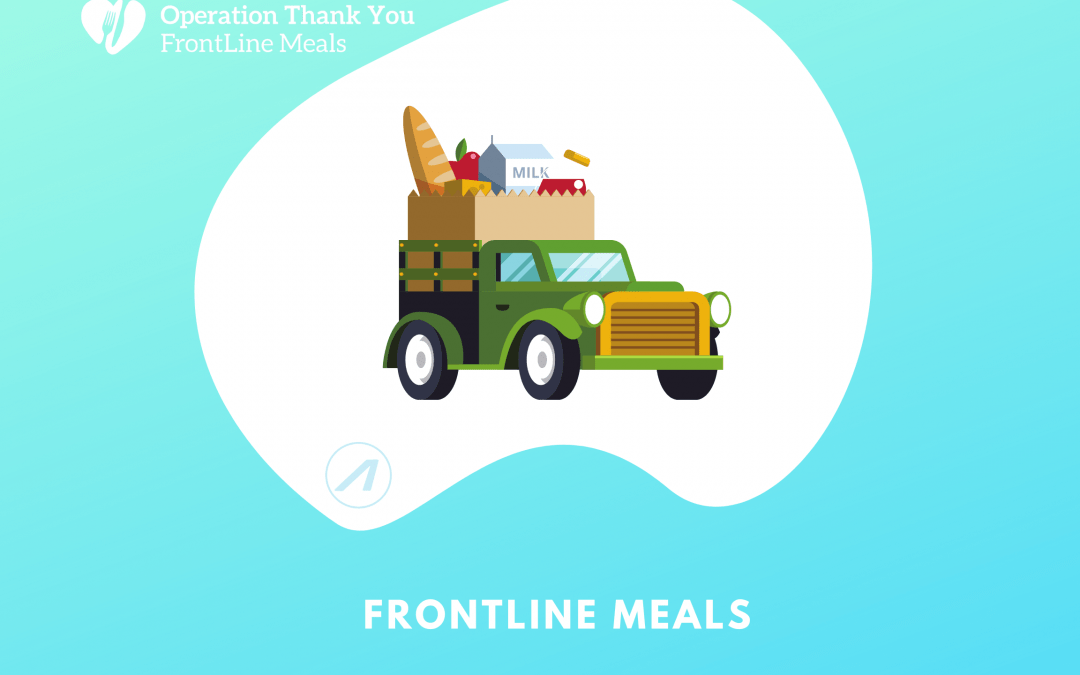
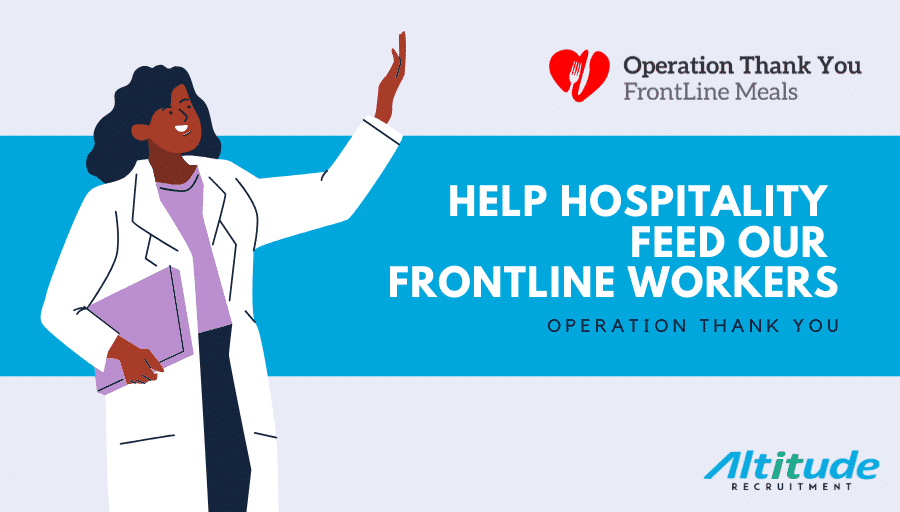
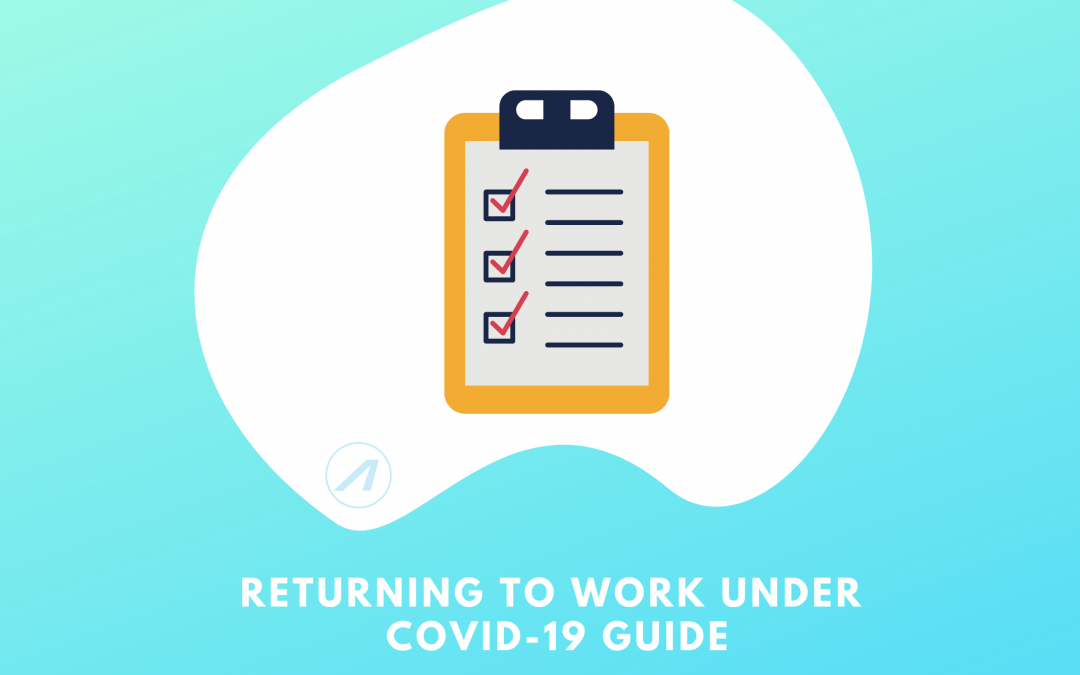
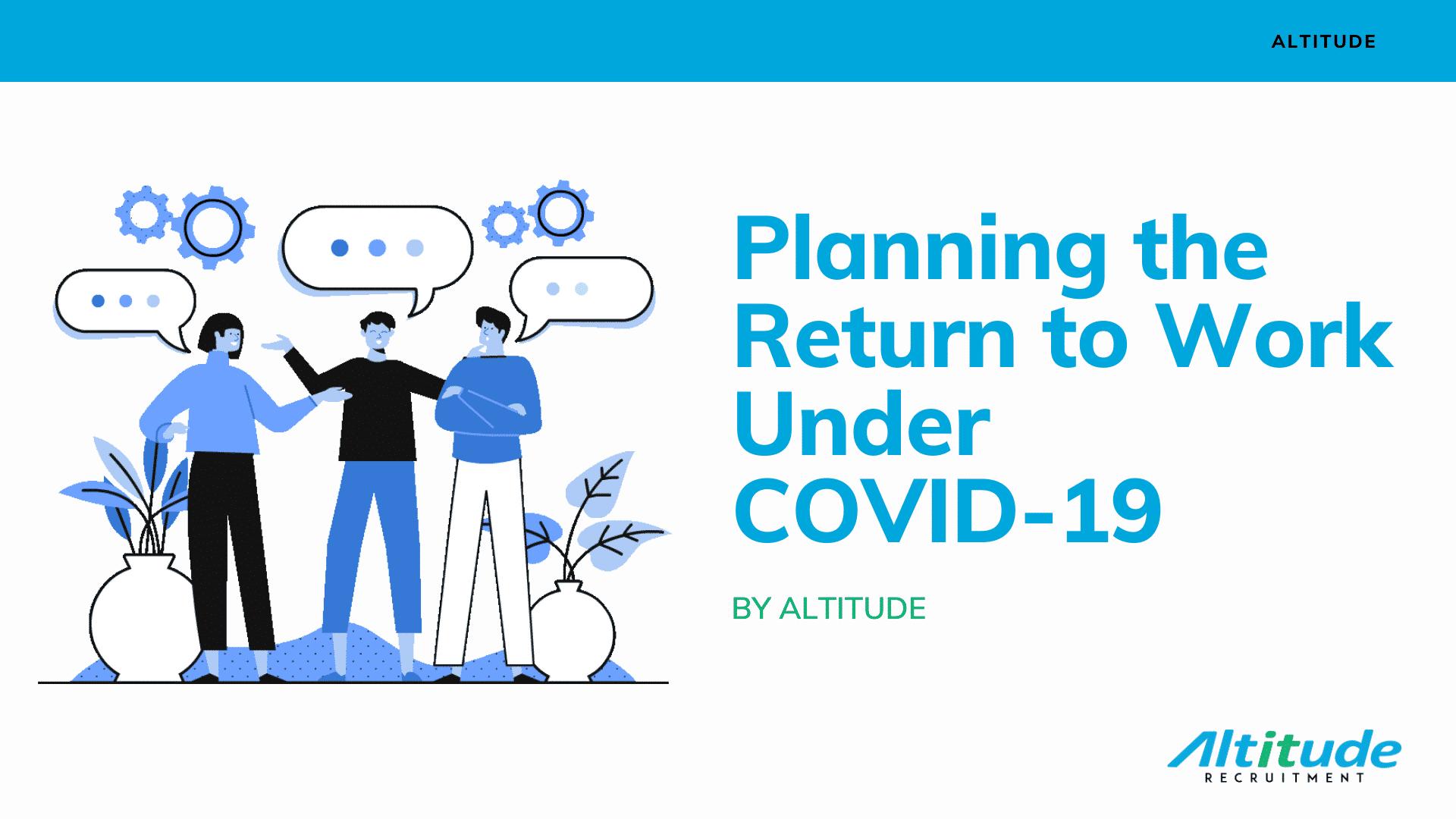


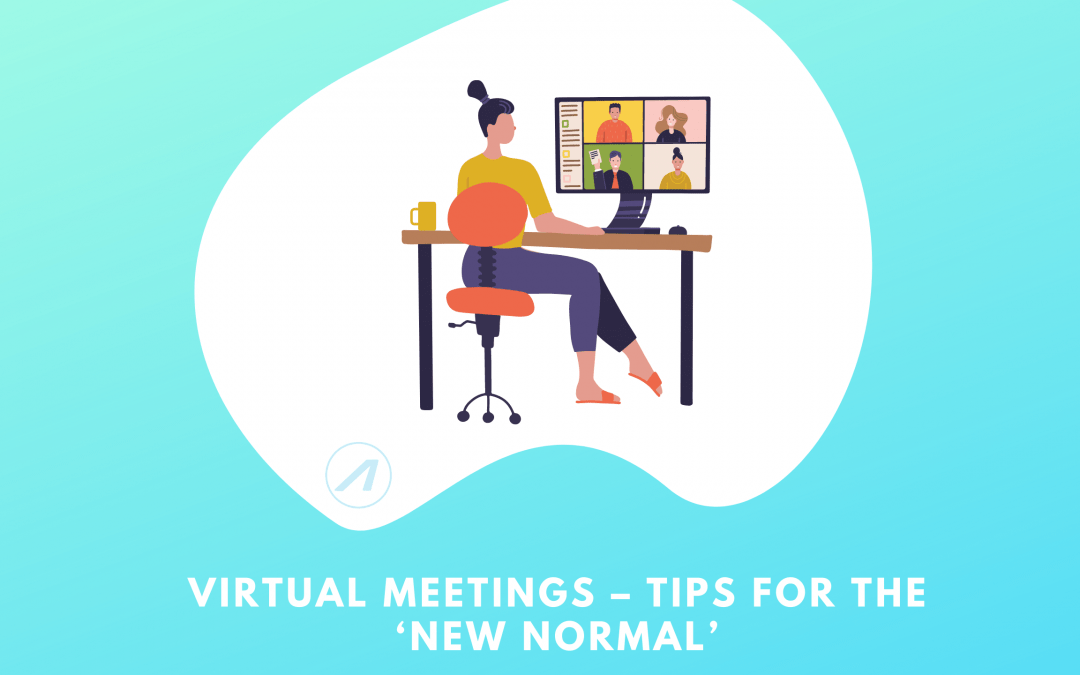
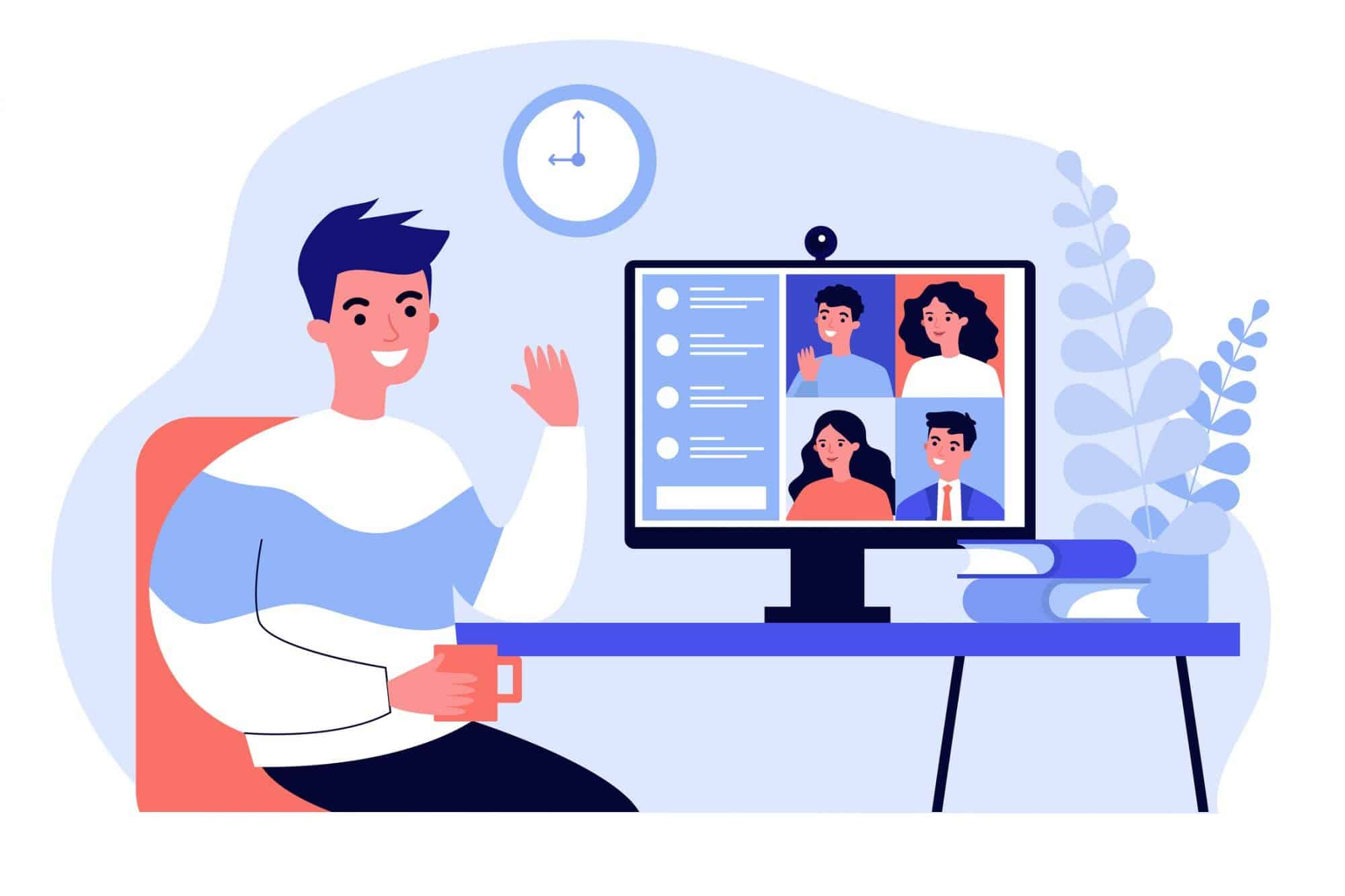
Recent Comments